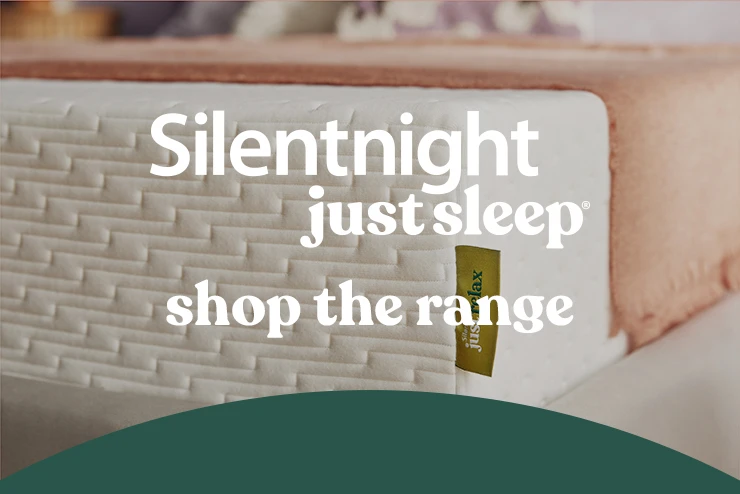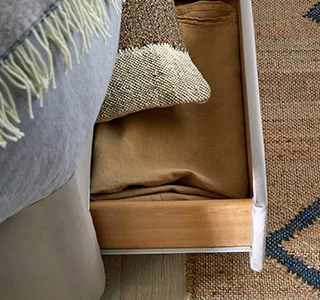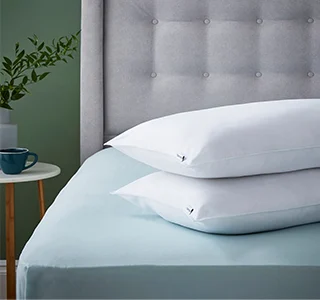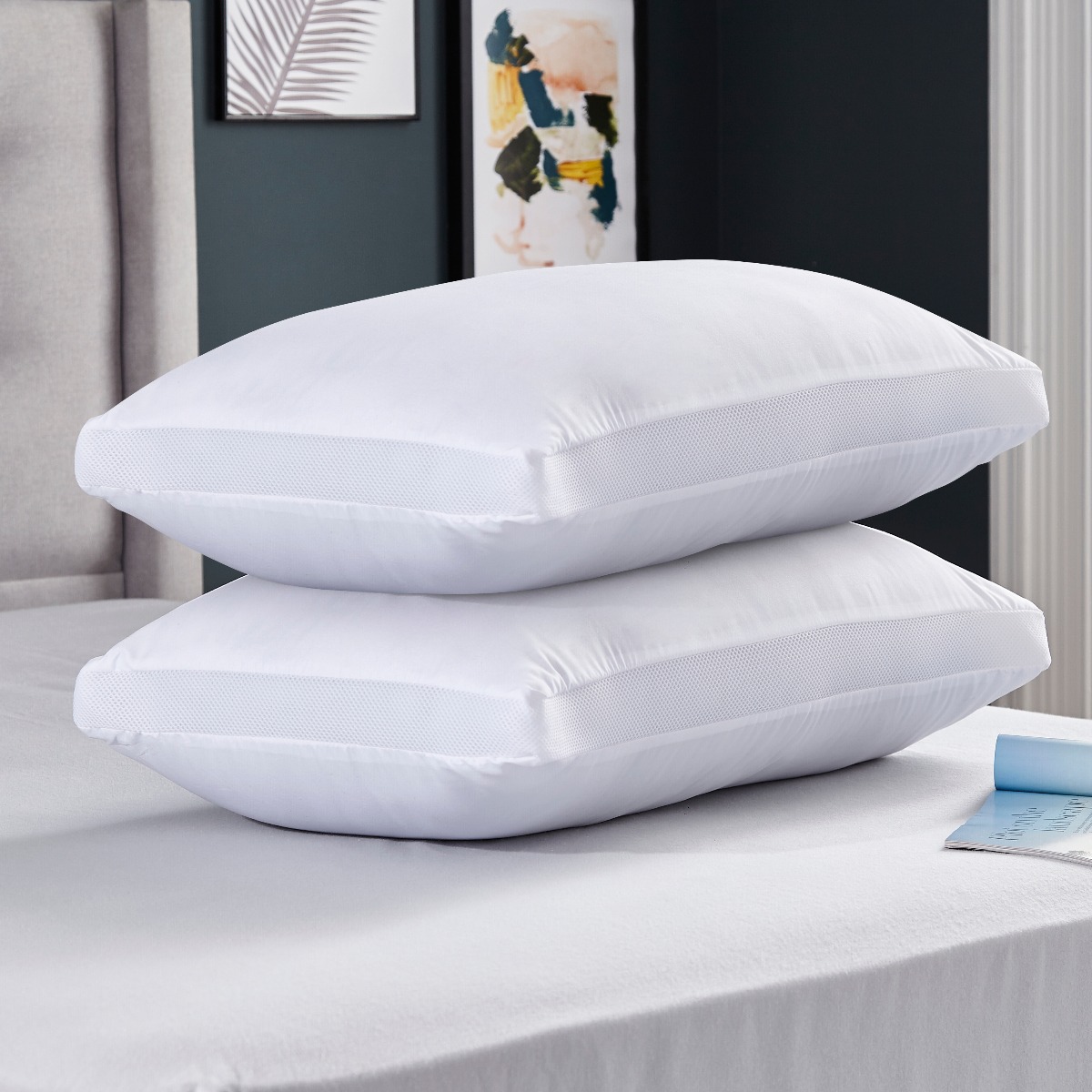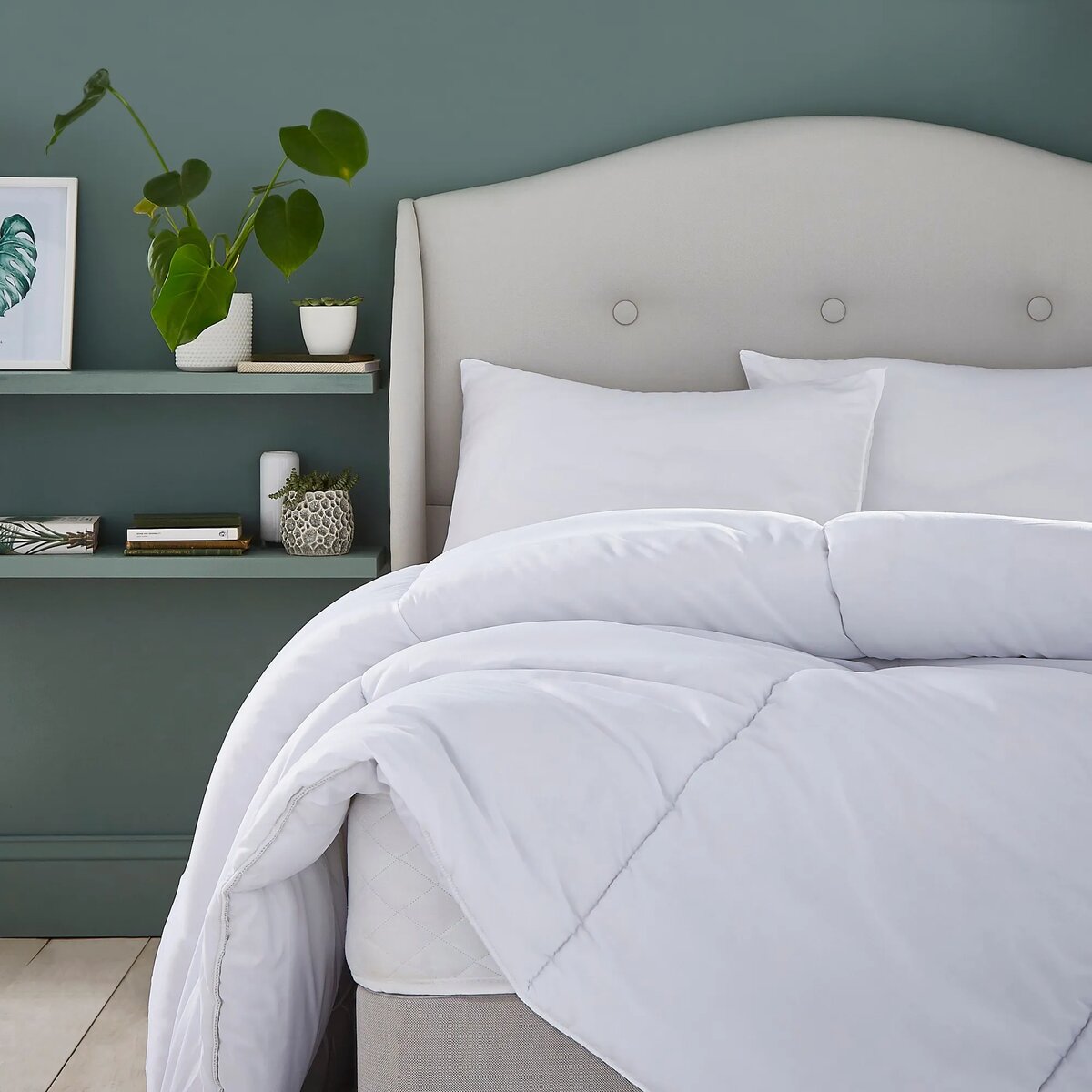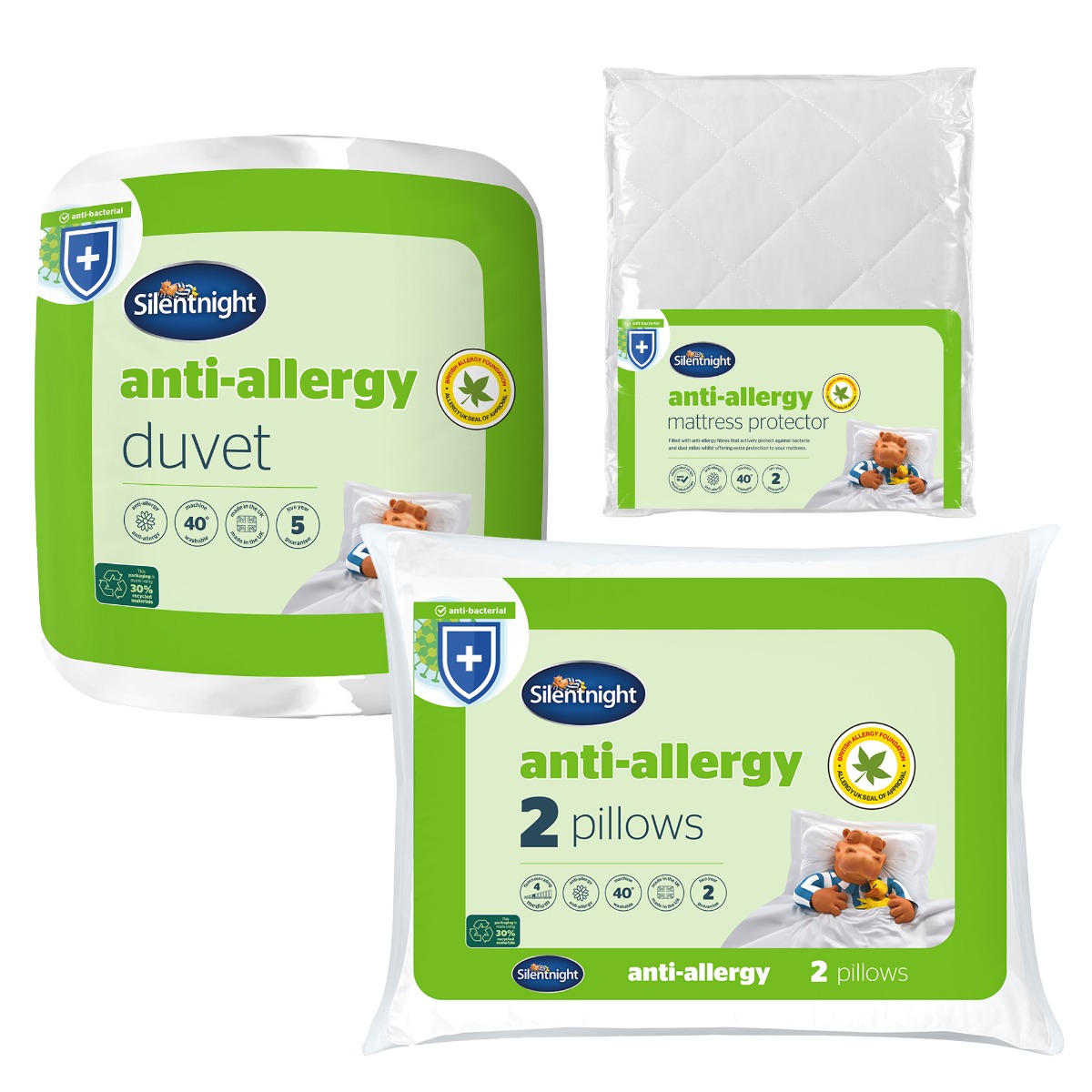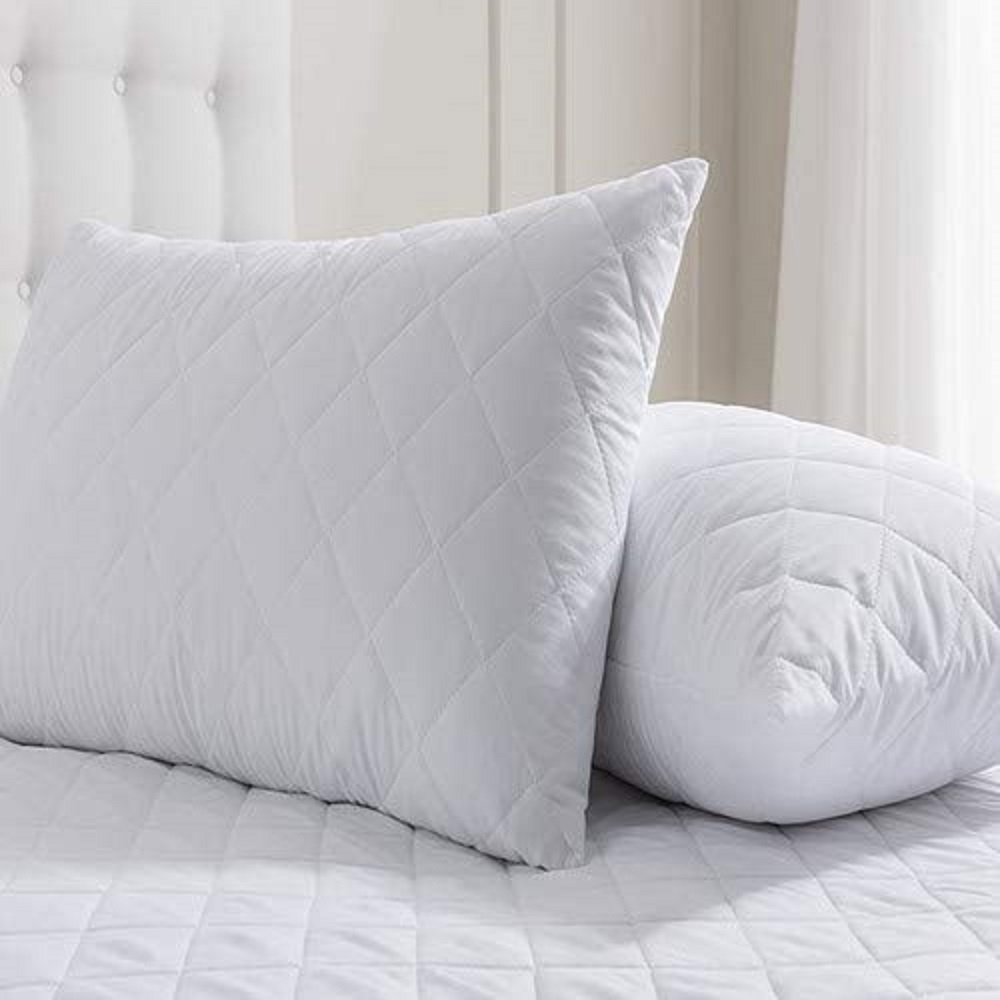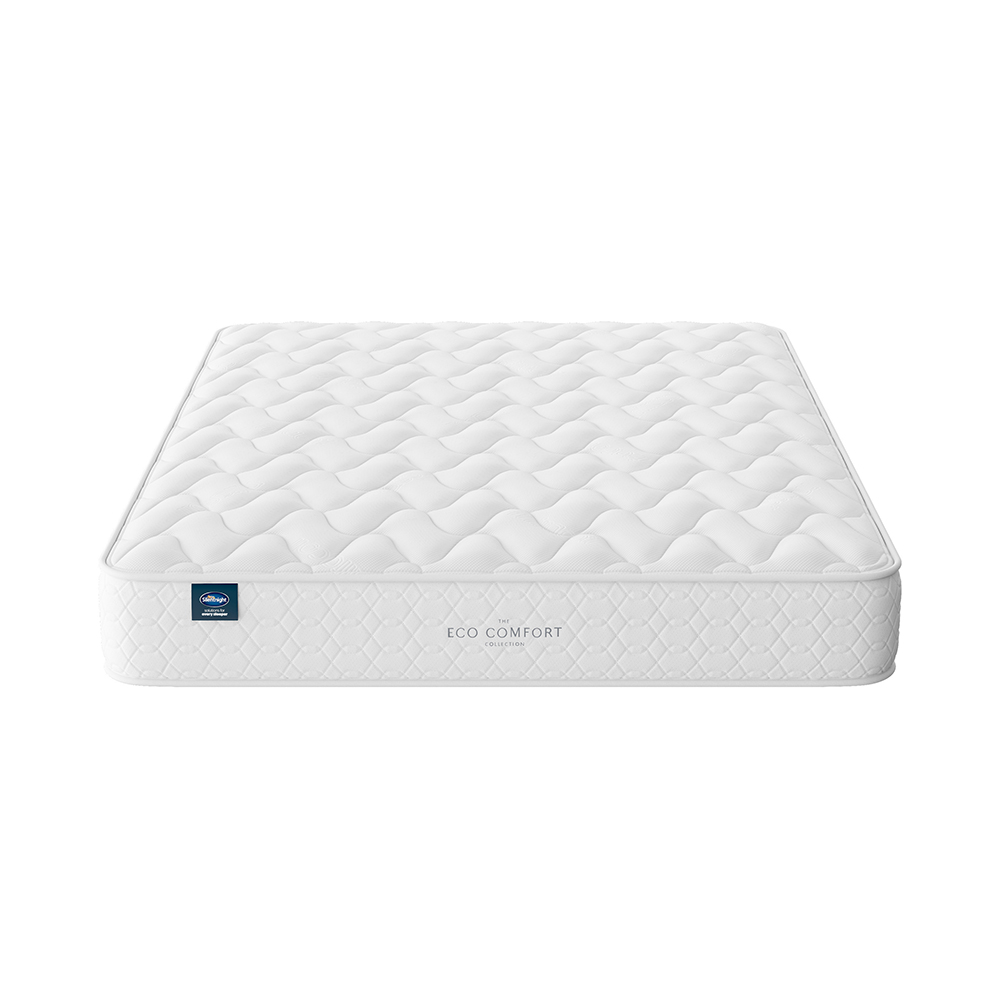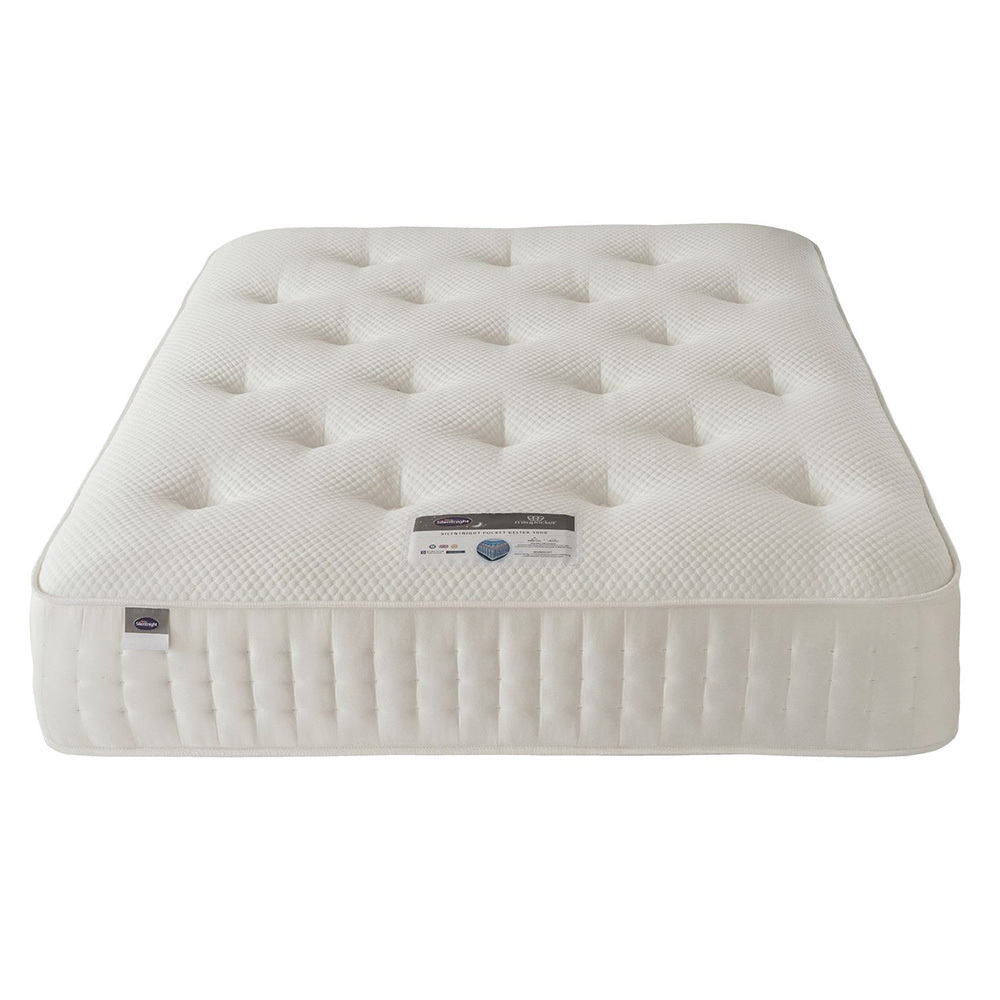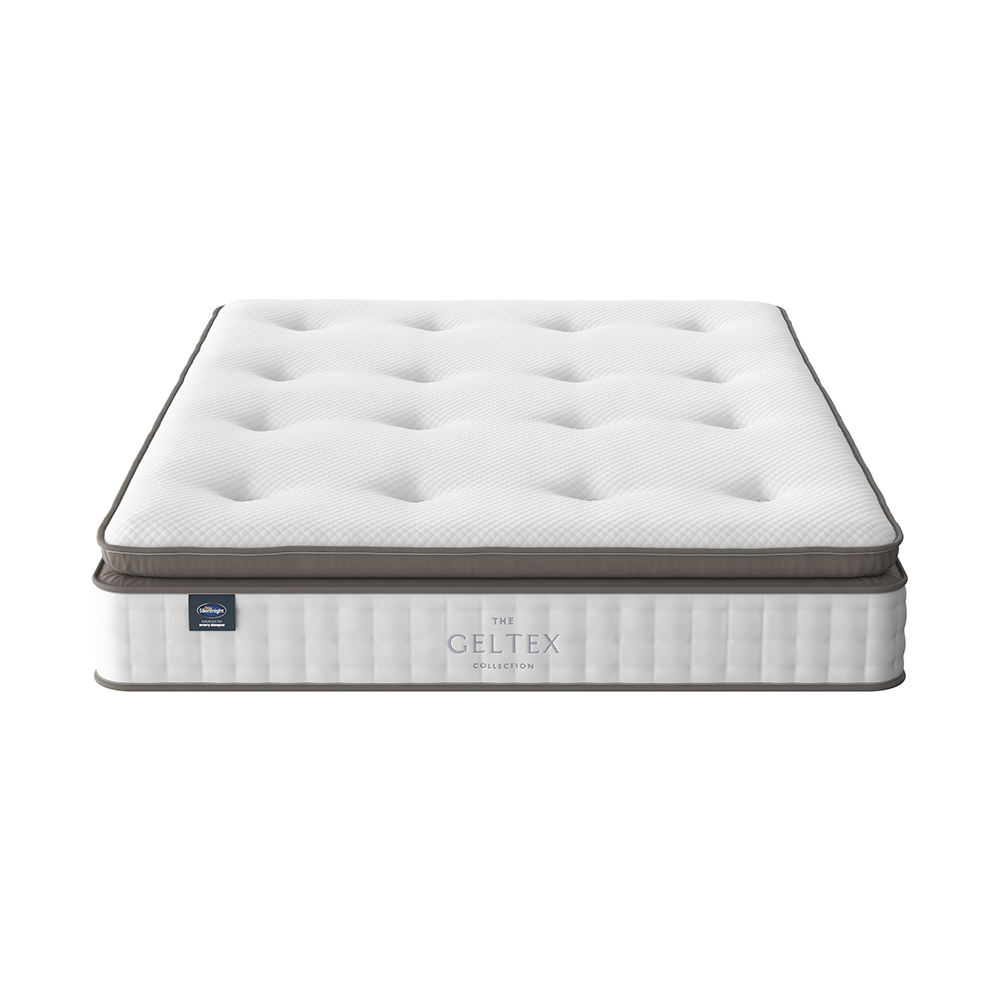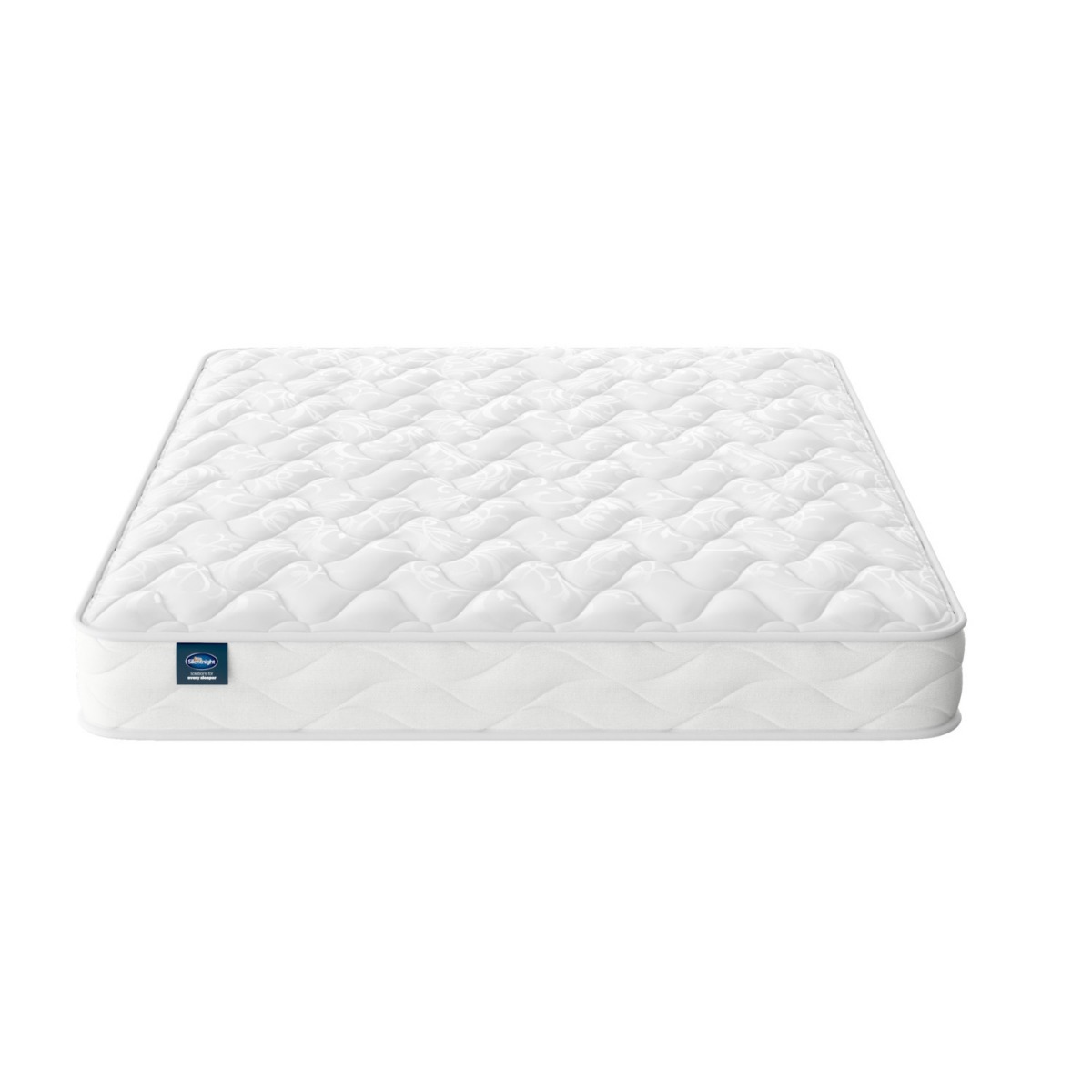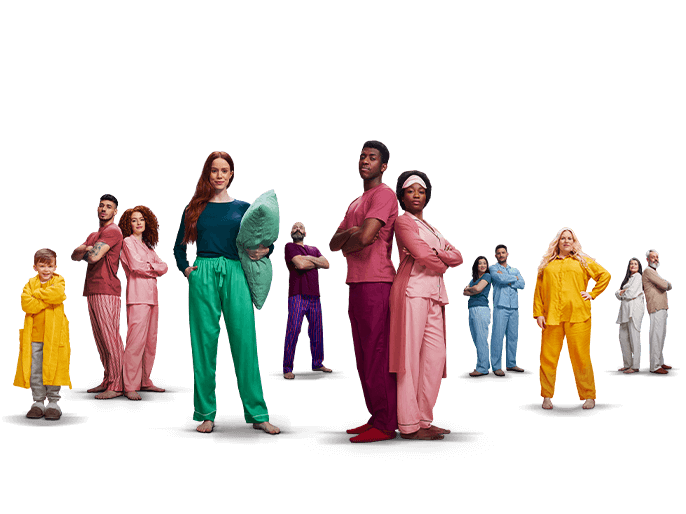hay fever at night: does hay fever make you tired?

As the flowers bloom and the sun shines, many of us find ourselves battling those pesky allergy symptoms. Those who suffer will know, hay fever is not just about sneezing and itchy eyes – it can also make you feel fatigued and tired. If you're wondering ‘why do my allergies get worse at night’? Well, there are several factors as to why hay fever strikes at night and we’re going to take you through them. The constant congestion and irritation can make it difficult to breathe properly while lying down, leading to disrupted sleep patterns. However, the impact of hay fever at night extends beyond just the physical discomfort. Sleep deprivation can have a negative effect on mood, productivity, and overall well-being.
So how do I stop hay fever at night? If you’re sick of waking up sneezing, then start taking the steps that you need to get the rest you deserve. Read more to discover tips on how to ease hay fever at night and enjoy a peaceful slumber with Silentnight.
sleeping with hay fever
Sleep is an essential component for our overall well-being, but during the night hay fever symptoms can worsen, leading to a restless and uncomfortable sleep. This can result in snoring, snorting, or gasping for air which ultimately makes it harder to achieve deep, restful sleep. The congestion in our nasal passages makes it difficult to breathe, leading to frequent tossing and turning and disruptive sleep patterns. Hay fever and allergies can also cause other sleep-related issues such as sleep apnea as the increased resistance in the airways makes it harder for air to pass through.
When hay fever symptoms at night affect the quality and amount of sleep you get, they can have an impact on your quality of day-to-day life too. If you’ve had a poor night’s sleep, you are more likely to experience fatigue and feel irritable the next day. Constant tiredness impairs performance, productivity levels and has a negative effect on mood. Without good quality sleep, anxiety and stress levels tend to be higher, which can make it harder to fall asleep. The combination of these factors can leave hay fever sufferers feeling exhausted and drained.
why is my hay fever worse at night?
There are a couple of reasons why hay fever can get worse at night. One reason is the pollen shower phenomenon - this is when during the day hot air rises and with this, pollen is carried alongside it. At night, the air cools down, beginning a downward drift, and the pollen then falls with the air, so this is why you are more likely to wake up with hay fever symptoms during the night.
The second reason involves various bedtime factors that can add to making your hay fever worse at night. Many people who suffer from hay fever also suffer from other allergies too, such as pet dander and dust mites. Dust mites thrive in humid locations and are commonly found in sheets, pillows, mattresses and bedroom carpets, meaning you are exposed as soon as you go to bed. But for most cases, just the simple fact of lying down worsens symptoms as mucus causes congestion in the nasal area.
Now, if you're wondering how to sleep with hay fever then you must first assess your sleeping situation. The key to reducing your allergy symptoms is to make your bedroom environment as allergen-free as you possibly can. The most effective way to do this is to choose anti-allergy bedding - Investing in hypoallergenic bedding will protect against bacteria and dust mites, helping to prevent allergies. The Silentnight Anti-Allergy bedding range has been approved by the British Allergy Foundation and is scientifically tested and proven to reduce or remove allergens, which means you get a more restful and comfortable night’s sleep.
how to ease hay fever at night?
The obvious way to ease hay fever is to take an antihistamine, but should you take hay fever tablets at night? Yes, taking one antihistamine 30 mins before bed is absolutely fine and a great way to keep allergens at bay as you sleep. However, sleeping with haver and allergies can be tough, so we have put together some additional tips that you can follow to help prevent allergies wreaking havoc on your sleep.
Put a spare sheet over your duvet - Placing a sheet over your duvet helps to form a pollen barrier, helping to prevent allergens from gathering on your bed. Just simply remove before getting into bed.
Wash your bedding at 60C - Washing your bedding often, ensures pollen particles aren’t sitting on your sheets. Wash at 60C, as this will remove pollen particles and dust mites. Try to avoid drying your bedding outside, as pollen can land and stick on the sheets.
Keep windows and doors closed - Although it’s tempting to throw open your windows and doors on warm, sunny days, this means pollen particles can enter your house and stick to your bedding.
Check the pollen report - It’s a good idea to check the pollen report, so you can prepare yourself before opening any windows or venturing outside.
Use an air purifier to help you sleep better - Air purifiers help to improve sleep for allergy sufferers by clearing the air of allergens in your bedroom.
Take a shower before bed - Having a shower before bed helps to wash pollen away and making showers part of your bedtime routine means you’ll always be clean before bed.
Rinse your eyes and nose before going to bed - Pollen can land on your eyelashes and nose hairs, further irritating your allergies.
Dab a little petroleum jelly on your nostrils - Just a small dab of petroleum jelly to the outside of each nostril will help trap any pollen particles and prevent sneezing throughout the night.
Pull long hair away from your face - It’s a good idea to tie up long hair to prevent pollen particles falling on to your face and further irritating your allergies.
best anti-allergy bedding
At Silentnight we have a range of anti-allergy bedding specially made for reducing hay fever and allergy symptoms.
Allergies and hay fever can certainly affect your sleep, but if you stay proactive with our top tips then you can be sure of how to help hay fever at night. By following the steps, you can keep allergens away and control your symptoms through both day and night, and finally get the quality sleep your body needs.






